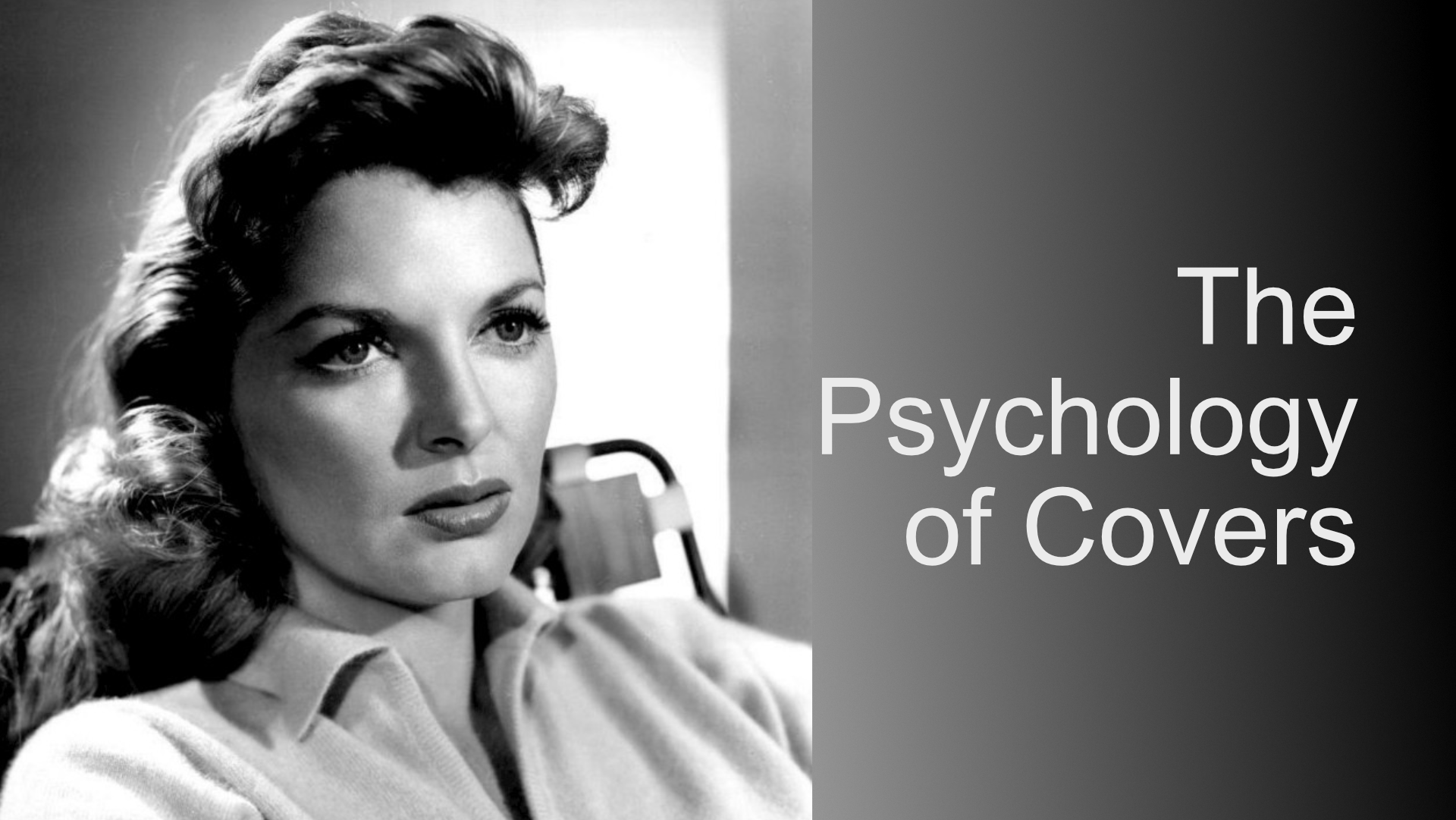Pleasure. Comfort. Familiarity. Novelty. Something you love being recrafted in pleasant or disturbing ways. I, like millions of others, have a “thing” for cover songs. I have learned recently that if I’m out somewhere in public and music is playing, my brain cannot help but tune out my current company and all conversation while my neurons fervidly try to figure out whether I know the song that is playing, or not.
Among one of the 5 most covered songs–ever, according to Roadie Music, is “Cry Me a River,” an American torch song by Julie London.
I like that song, but am more of a Hard Hearted Hannah girl myself. Does that qualify as a torch song? Also, I would have expected the Girl from Ipanema on that list?

Image by Flavius Zeddies.
Elevator Music
Cover songs also frequent the habitat of elevators in the form of “musak,” which both revolts and intrigues…most of us. I listen intently, even through the visceral response of ‘yuck, how could those artists have done that to that song?!!!’
It’s human nature to try to identify the victim. What song was maimed and mangled so that I could take a sanitized version of it along with me up to the 15th floor? You can un-hear musak, and thankfully it’s easily forgotten beyond the momentary fascination with the horror of it.
What do people listen for in cover songs? According to Petr Janata, a psychologist at UC Davis, we want familiarity and the ability to form expectations. With so much unknown in the world, cover songs are the macaroni and cheese of music: creamy, gooey, fat filled, loaded with dairy and carbs (cue oxytocin production in the brain). I’m making the leap to connect comfort and familiarity. Wanting to hear cover songs is like wanting mac and cheese.
A song you love is also a blank tablet of “tried and true” just calling out to be messed with and tweaked. Voila the cover.
Photo Credit: By Heinrich Klaffs – originally posted to Flickr as Jethro Tull 070373_003, CC BY-SA 2.0
Nostalgia and Our Parents’ Music
Do you feel nostalgia for music your parents listened to? A 2013 Cornell study identified and named “reminiscence bumps.” as a reason why you just might.
Reminiscence bumps, or RBs as I’m calling them, refer to the connection between music and childhood, especially regarding adolescent years. If you heard it as a young adult (even if it wasn’t music of your generation) you can get feelings of nostalgia. Research has shown that teenage through early 20s years are formative years for memories that make you feel sentimental and nostalgic. And further research is finding a connection between evoking feelings of nostalgia as a positive phenomenon for mental health and wellness.
Two famous cover artists I love to recommend:
1) Scary Pockets (funkify everything!). What they do with pop music is often better than the originals. I was addicted to this cover of Mmmbop by Hanson.
Postmodern Jukebox. I hear many things as jazz too, and love PMJ’s arrangements. Love this take on “Feel It Still.”
My own covers are a growing body of work and a twisty, complex journey that started in the height of the Coronavirus pandemic of 2020. You can listen here.
Like the brainy stuff here on Agile Vocalist but don’t want anyone to know? Privacy is paramount here. Subscribe to hear more–privately, not all out in the open in the middle of social media!
Or, if you’re kinda showy and want to curate something interesting for your pals, share this on your socials. Thank you kindly!




